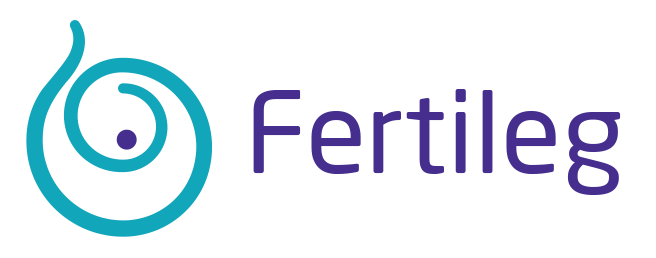Pregnancy arrives and, undoubtedly, begins one of the most beautiful stages that any woman or couple will go through.
A mixture of illusion, feelings full of affection, plans for the birth of the baby… but, although they do not replace all of the above, it is normal that with the arrival of pregnancy there is also some concern.
In fact, we are sure that many of you have heard on more than one occasion that, regardless of the sex of the newborn, the only important thing is that the baby is born healthy.
To this end, the advances that have taken place over the last few years in the fields of research and genetics applied to assisted reproduction, contribute every year to the birth of healthy babies free of any kind of genetic alteration.
We explain it to you!
Embryo selection key to the birth of healthy babies
The improvement of embryo selection is, so far, one of the most important advances that have taken place in assisted reproduction over the last few years. Thanks to the advances in these techniques, we have not only been able to increase pregnancy rates in our patients’ treatments, but also to reduce problems during pregnancy, such as miscarriages or the risks that may arise for the mother and the future baby.
This selection of the best embryos is performed as part of an In Vitro Fertilization (IVF) treatment. For this, the woman’s eggs are extracted, after receiving certain medication to stimulate the production of these eggs, and fertilized with the semen of her partner in our assisted reproduction laboratories with the latest technology. In this way we obtain the embryos.
After this fertilization period, performed by our embryologists, the embryos are placed in our incubators waiting for them to develop correctly. The incubators of The Fertile Group recreate the same conditions that the embryo would find in the mother’s uterus in order to continue its development.
Once they reach the 5th day of development, the so-called blastocyst stage, our embryologists evaluate the embryos in order to transfer to patients only those with the highest probability of achieving pregnancy.
Can hereditary genetic diseases be detected?
As we have just seen, when an embryo reaches its 5th day of development is the moment when we can say that it is ready to be transferred to the mother’s uterus. However, it is also the right time for our embryologists to perform a biopsy of the embryos to analyze and detect if they have any type of genetic anomaly.
This is called the Preimplantation Genetic Test (PGT) and it helps us, among other things, to detect and cut possible genetic diseases that may have their origin in one or both parents.
Therefore, and in answer to the question, this kind of genetic test or analysis is of great value to avoid the transmission of hereditary genetic alterations. With them, we are able to ensure healthy offspring and, in turn, cut the hereditary chain.
For this purpose, this analysis allows us to analyze and detect if there is any type of alteration in the chromosomes of the embryos. Thus, it is possible to study the DNA present in the embryos in order to select only those that do not present any type of alteration, since any anomaly in this sense can affect the viability of the embryo or give rise to genetic diseases.
In what cases is the Preimplantational Genetic Test recommended?
This type of genetic test is especially indicated for patients in any of the following situations:
Couples in which one of the two members are affected by a genetic disease that is inherited in a dominant form (50% of their children can inherit the disease).
Couples in which the mother is a carrier of a sex-linked genetic disease (50% of their children could become ill).
Couples in which both partners are carriers of a genetic disease that is inherited recessively (25% of their children would have the possibility of becoming ill).
Family history of a genetic disease.
Couples in which one member is a carrier of a structural chromosomal alteration.
For further information please contact The Fertile Group at:
info@fertileg.com
+507 382 14 00/01




